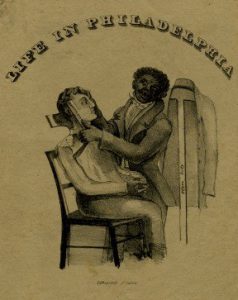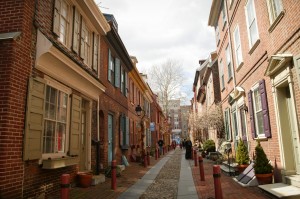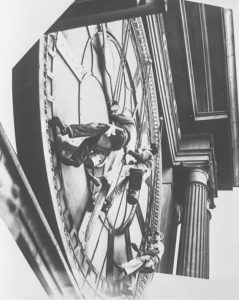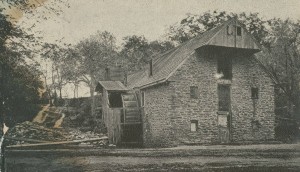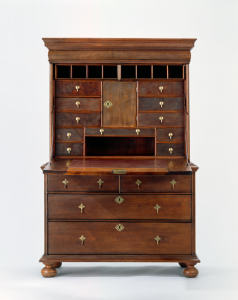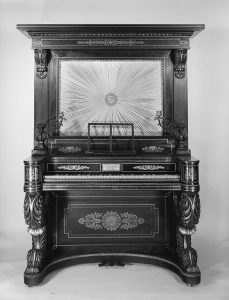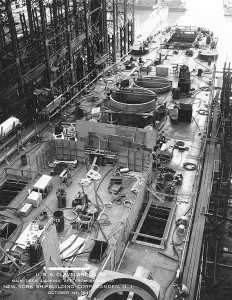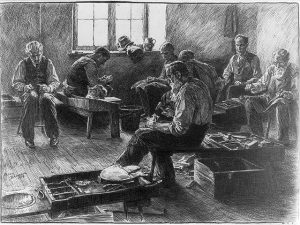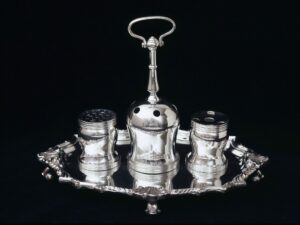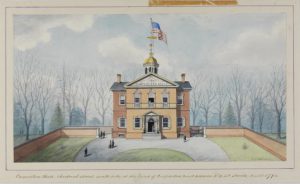
Artisans
As skilled laborers who hand-crafted their goods on a per-customer basis, artisans played a central role in the formation of Philadelphia’s prerevolutionary economy: producing essential goods and services and providing social stability within households composed not just of immediate family but also of journeymen and apprentices. American independence brought artisans new economic opportunities ...
